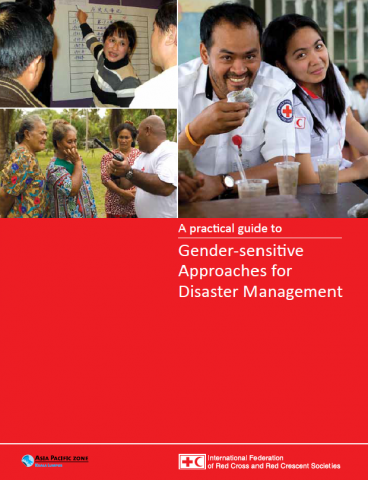Urban WASH in Emergencies
From the 24 – 28 March 2014, RedR held a pilot course for 24 WASH experts on the subject of addressing the social, institutional and technical gaps that currently exist for water, sanitation and hygiene provision in the urban emergency context. This document, produced as a partnership between ALNAP and RedR, captures the key messages, […]
Urban WASH in Emergencies Read More »

